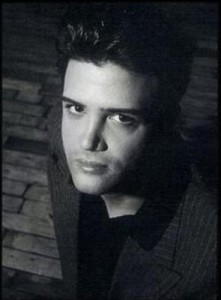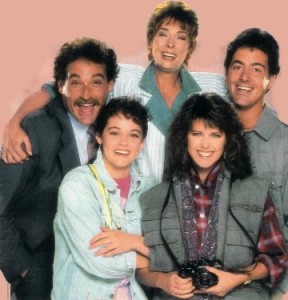Matthew Perry looks beyond “Sydney”

When he was a child, actor Matthew Perry said, he had a major crush on Valerie Bertinelli. She was the co-star of “One Day at a Time,” a popular CBS sitcom. Years later, when CBS cast Perry to play the boyfriend of Bertinelli’s character on her new “Sydney” series, he was on Cloud 9. But after he had psyched himself up to kiss the actress, the producers told Perry they were changing his character from her boyfriend to her younger brother.








